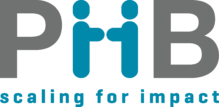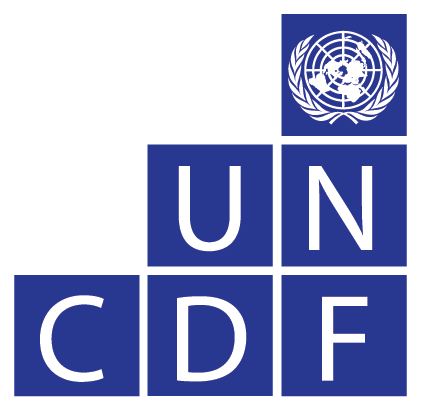
Support MTN Benin to develop a payment ecosystem around moto-taxis drivers (Zemidjans)
MTN wants to set up a payment ecosystem around the Zemidjans (moto-taxi drivers in Benin), using mobile money as a solution to the challenges they face: Phase 1: Addressing security and liquidity issues with the implementation of merchant payment. Phase 2: Addressing a lack of means to meet their ambitions with a digital group savings product (“tontine”).
Context:
MTN wants to set up a payment ecosystem around the Zemidjans (moto-taxi drivers in Benin), using mobile money as a solution to the challenges they face:
Phase 1: Addressing security and liquidity issues with the implementation of merchant payment.
Phase 2: Addressing a lack of means to meet their ambitions with a digital group savings product (“tontine”).
Objectives: The general objective of this project is to increase the adoption of digital financial services by the Zemidjans. The rationale is to make Zemidjans brand ambassadors promote the benefits of mobile money to the rest of the population. To this end, the project aims to develop merchant payment, testing different tools (NFC, QR code, Mobile App and USSD) and different value propositions for both merchants (Zems and Zems’ providers – i.e. gas stations) and end-clients.
Deliverables:
- Conduct research to identify factors for adoption: Stakeholder interviews, HCD research with Zemidjans, merchants (gas station, food providers, mechanics, etc.) and Zems clients
- Identify value propositions for all players within the ecosystem (Zems, merchants, clients)
- Build a business case for each of the payment solutions (NFC, QR code, Mobile App and USSD)
- Define a communication /education strategy to train Zems, clients and merchants on how the payment works
- Train and support the Zemidjans to use the different solutions (NFC, QR code, USSD)
- Test the solutions during a 6-months pilot
- Share knowledge on learnings and findings through blogs and other materials (video, pictures).
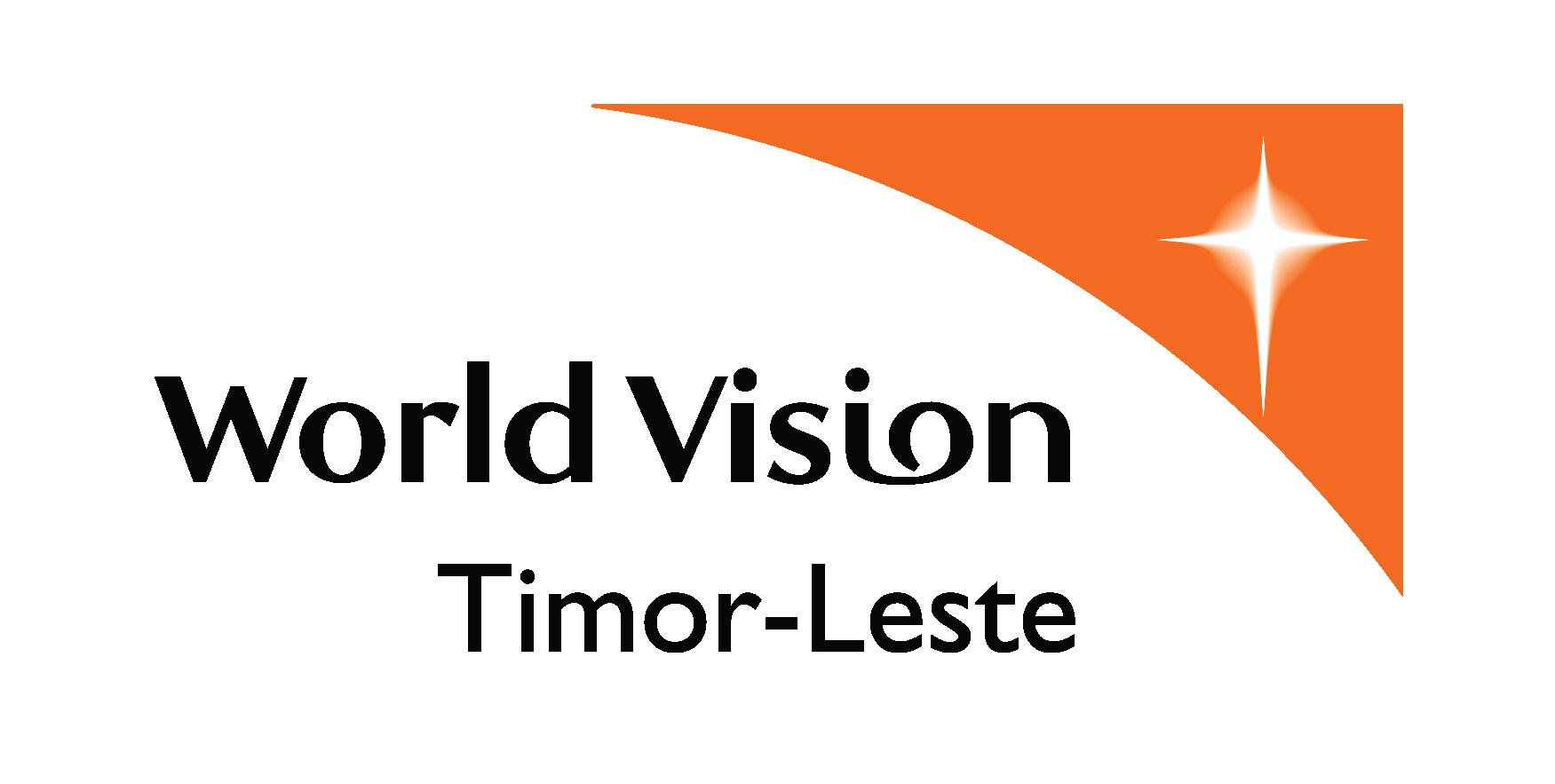
World Vision Cash Transfer Strategy
Together with technology partners, WVTL developed a digital transfer system based upon a blockchain known as Kartaun Bele. This digital voucher platform enables people, businesses, and organizations to make secure transfers, and store value using personal NFC enable smartcards and a smaller number of smartphones as terminals. It is designed for the development community of Timor-Leste where network reliability is a problem, as the digital voucher system can withstand intermittent connectivity since it uses blockchain technology to improve security in the system.
Context:
Together with technology partners, WVTL developed a digital transfer system based upon a blockchain known as Kartaun Bele. This digital voucher platform enables people, businesses, and organizations to make secure transfers, and store value using personal NFC enable smartcards and a smaller number of smartphones as terminals. It is designed for the development community of Timor-Leste where network reliability is a problem, as the digital voucher system can withstand intermittent connectivity since it uses blockchain technology to improve security in the system.
The Kartaun Bele was intended to make it possible for remote rural populations to get access to basic aid services, by reducing the cost of transferring funds compared with available traditional banking services. Although conceived as a service to meet the needs of the development community, the partnership of multiple stakeholders resulted in a blended approach and the establishment of BelePay – a non-registered commercial entity. BelePay aspired to enter the market as a Payment Services Provider (PSP) and made a request to the central bank to seek permission to operate. Permission was denied to BelePay to act as a PSP of the Kartaun Bele system. In that correspondence, the central bank specifically named five licensed financial institutions that World Vision could, at their discretion, collaborate with to meet their core objectives while remaining within the purview and compliance of the central bank. At that time, WVTL was distributing cash transfer assistance in aid for work programs to more than 3000 beneficiaries and had programs requiring it to scale to over 10,000 within the year.
Objectives:
PHB, with a clear understanding of the opportunity for Kartaun Bele as well as the context of Timor Leste, was contracted to formulate and design a partnership strategy that would allow WVTL to continue to use Kartaun Bele and maintain compliance with the Central Bank. After completing internal and external gap assessments, it would be critical to outline proposed commercial terms, financial flows, segregation of duties and reporting obligations to assure compliance and mitigate risks.
Deliverables:
PHB was able to identify a leading Microfinance Institution (Kaebauk Inventimentu no Finansas) with the capacity and interest to engage in a strategic relationship with WVTL to manage the Kartaun Bele platform. PHB in close collaboration with WVTL was able to craft a proposal for the partnership that has to lead to the signing of an MOU between the parties and a plan for integration of Katrtaun Bele into the core banking systems of KIF.
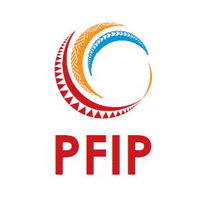
Implementation of airtime top-up services to pay for micro-insurance and micro-pension
In 2017, The Solomon Islands National Provident Fund (SINPF), with support from PFIP, piloted a retirement savings product for the informal sector known as youSave. One of the pilot recommendations was to utilise cost-effective digital delivery channels to allow for direct remittance of savings into SINPF. Because of the inefficiencies and a lack of reach into the rural areas by existing digital payment channels, the option to use airtime was recommended. The staggering cost of Airtime distribution in the Solomon Islands seemed to be an insurmountable challenge in order to achieve a sustainable business case for payment collections PHB was previously engaged to conduct a feasibility assessment and based upon that positive outcome this project was initiated to implement the youSave Lo Mobile service - and launch the world’s first-ever airtime scheme for provident fund payments.
Context:
In 2017, The Solomon Islands National Provident Fund (SINPF), with support from PFIP, piloted a retirement savings product for the informal sector known as youSave. One of the pilot recommendations was to utilise cost-effective digital delivery channels to allow for direct remittance of savings into SINPF. Because of the inefficiencies and a lack of reach into the rural areas by existing digital payment channels, the option to use airtime was recommended. The staggering cost of Airtime distribution in the Solomon Islands seemed to be an insurmountable challenge in order to achieve a sustainable business case for payment collections PHB was previously engaged to conduct a feasibility assessment and based upon that positive outcome this project was initiated to implement the youSave Lo Mobile service - and launch the world’s first-ever airtime scheme for provident fund payments.
Objectives:
The objective of this project was to implement the youSave Lo Mobile service in a seamless and ubiquitous manner. Specifically to assure the same user interface across all MNOs and to maintain clear reporting back to the SINPF, CBSI, and Tax Authority as required.
Deliverables:
- Bring together all stakeholders (MNOs, SINPF, Central Bank and the Tax authority) to agree upon all business terms, settlement and reconciliation of accounts, and all reporting to each other as agreed. Specifically, to identify ways to share the cost of distribution through tax alleviation.
- Establish consensus on marketing to assure consistency of messaging and communications across both MNOs and the SINPF; this included getting a commensurate level of contribution from each MNO to promote the service
- Establish IT and technology links to allow a seamless service to operate and deliver a consistent service to the customer. This included making sure that the USSD menu and SMS messaging were similar.
- Work directly with SINPF to develop a mobile application for the onboarding of new youSave customers, this included coordinating with internal and external IT resources and developing appropriate compensation schemes.

TA Digital Credit for Dairy & Agriculture microentrepreneurs
In the year 2018, Nepal transitioned to a late start-up stage with rapid expansion in the agent network, registered and active users and use-cases to drive digital payments. Leveraging the data on farmers’ income, their transaction history on the wallet and lastly the inwards remittance received by most farmers from relatives abroad or living in cities, UNCDF and Prabhu Pay designed and signed a project to extend digital credit to cooperative farmers.
Context:
In the year 2018, Nepal transitioned to a late start-up stage with rapid expansion in the agent network, registered and active users and use-cases to drive digital payments. Leveraging the data on farmers’ income, their transaction history on the wallet and lastly the inwards remittance received by most farmers from relatives abroad or living in cities, UNCDF and Prabhu Pay designed and signed a project to extend digital credit to cooperative farmers.
Objectives:
- The objectives of the assignment are:
- Defining the digital credit process and risk management mechanisms.
- Develop a requirement specification document and a logic workflow for credit scoring solution.
- Define the parameters for credit assessment based on a thorough statistical assessment of data quality and data strength available at different sources. Also, establish a mechanism for regular update/upgrade of the tool.
- Develop/Install the credit scoring tool (open to emerging technology such as shared ledger) and support Prabhu Management IT team pilot it.
- Review of the credit assessment tool after 6 months of the pilot
Deliverables:
- Project Set up – deliverables: Kick-off meeting and the minutes.
- Definition of the customer journey – deliverables: Customer Journey, Presentation Process Flow Document, Risk Management Document.
- Definition of the requirements and data source determination – deliverables: Requirement Specification, Logic/Work Flow document for digital credit.
- Data preparation and model development – deliverables: Develop the template for data collection.
- Credit Scoring Installation and Automation – deliverables: Develop/Install a credit scoring tool integrated with different sources for fetching data, loan origination and score.
- review of the pilot – deliverables: Pilot report

Explore the use of Airtime top-up services to pay for micro-insurance and micro-pension
In 2017, the Solomon Islands National Provident Fund (SINPF), with support from PFIP, piloted a retirement savings product for the informal sector. One of the pilot recommendations was a call to utilise cost-effective digital delivery channels to allow for direct remittance of savings into SINPF. Because of the inefficiencies and a lack of reach into the rural areas by existing digital payment channels, the option to use airtime was recommended.
Context:
The Solomon Islands has two Mobile Network Operators; Solomon Telekom Company LTD, operating as Our Telekom and Bmobile SI LTD, operating as Bmobile-Vodafone. Both are licenced and supervised by the Telecommunication Commission Solomon Islands (TCSI).
In 2017, the Solomon Islands National Provident Fund (SINPF), with support from PFIP, piloted a retirement savings product for the informal sector. One of the pilot recommendations was a call to utilise cost-effective digital delivery channels to allow for direct remittance of savings into SINPF. Because of the inefficiencies and a lack of reach into the rural areas by existing digital payment channels, the option to use airtime was recommended.
Objectives:
Although confident and relatively comfortable with the front-end requirements, the two MNOs seek for additional understanding and get clarity on three areas;
1. Organizational Impact: The MNOs seek clarity on the possible impact on human resources, technology requirements, back-office process flows, operational risks, reporting of sales tax exemption to the Inland Revenue Department (IRD), reconciliations of funds with SINPF, insurance companies or other interested utility companies.
2. Market size and business opportunity: The MNOs seek a comprehensive scoping of the market for other potential collection of payments for which airtime can be used. These may include utility payments, such as water, electricity payments, solar for clean energy amongst others. 3. Conversion of airtime into legal tender: Although airtime is not a legal tender, the Central Bank of Solomon Islands has responded positively on this initiative. The MNOs, however, seek to understand the process for the conversion into Solomon Dollars of the accumulated airtime payments from customers to bank accounts of SINPF, insurance companies and utility firms that need the legal currency.
Deliverables:
- Secondary market research:
- Extensive desk review on documents to be provided by the MNO’s and UNCDF PFIP and gathering useful documentation and information for the successful performance of the project.
- Deliverable: Preliminary Market research report with a general section applicable to each MNO and a specific section for each based on their particular interests and documents/data provided.
- Inception Report:
- Kick-off meeting, to discuss and agree on the objectives of the project and prioritize the onsite activities.
- Institutional assessment, Gap Analysis and fact findings through meetings with key staff members and teams of each MNO (for each MNO separately) and obtain first-hand inputs on their internal capacity in terms of management, finance and HR, IT systems and operations, internal management capacity and analysis of training needs of staff; current and existing process flows (business, technology & operations).
- Deliverables: A report with the key learnings from each institutional assessment; a workshop with each MNO (with the participation of UNCDF PFIP) to discuss the finding of the inception phase and discuss problems, possible solutions and next steps.
- Primary Market Scoping Research:
- Address the underlying concerns of the MNOs related to its business scoping so as to make informed commercial decisions.
- work with each MNO to develop a strategy to identify a sample of key use cases (business case for/with ability to do a digital payment via Airtime) with representation from both urban and rural markets.
- Deliverables: A market scoping report highlighting opportunities and practical foreseen challenges to overcome for a successful implementation of Airtime as a means of payment in the Solomon Islands.
- Market scoping analysis for the MNOs and related business cases
- Define a market strengthening strategy that considers each MNOs strategic objectives in this project and key steps to achieve them; Potential partnerships which may strengthen their offerings; Current capabilities of the MNOs to implement these strategies and gap assessment to hone the strategy further.
- Prepare the Product Development Plan (PDP), including an inventory of the operational and financial implications of the products & channels proposed to facilitate decision-making by the management team.
- Deliverables: Report of 3 business cases and Recommendations for the implementation; facilitate a 1-day delivery workshop with senior management of each MNO and UNCDF PFIP.
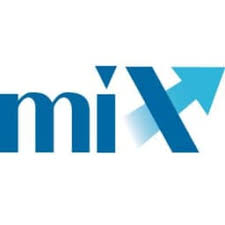
Mapping of Financial Inclusion and Recommendations to the Central Bank to Collect and Measure Financial Inclusion in Haiti
Since 27% of Haitians had access to formal financial services (FINDEX 2011), the Central Bank (BRH) defined a National Financial Inclusion Strategy (NFIS) with the World Bank in 2014

Context: Since 27% of Haitians had access to formal financial services (FINDEX 2011), the Central Bank (BRH) defined a National Financial Inclusion Strategy (NFIS) with the World Bank in 2014. This project remained on standby until the creation of the Financial Inclusion Unit within BRH (2017) to coordinate the implementation of the NFIS. The objective of the BRH is to ensure greater access to savings, credit and other financial products and services with the aim of reducing poverty and income inequality to support a more inclusive society, both financially and economically.
Objective: 1) Map Financial Inclusion in Haiti, Including Digital Financial Services (DFS) 2) Identify the data currently collected for regulatory reporting from financial service providers, and identify gaps/improvements for financial inclusion mapping and monitoring 3) Develop a strategy and action plan with BRH to strengthen its financial inclusion capacities
Deliverables: 1) Desk review of the financial inclusion strategy and monitoring indicators defined 2) Preliminary interviews with stakeholders (Banks, MFIs, Saving groups, non-bank agents, transfer houses reporting to the BRH, different entities of the BRH) 3)Initial analysis of reporting templates to analyze shortcomings, weaknesses and suggest recommendation. 4)Sharing workshop and reflection to identify a strategy and an action plan for monitoring financial inclusion and make recommendations on capacity building
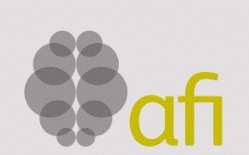
Digital Transformation of Microfinance and Digitization of Microfinance Services to Deepen Financial Inclusion in Africa
Understand the synergy between digital financial and microfinance institutions in providing access to finance to individuals and small businesses

Context: Understand the synergy between digital financial and microfinance institutions in providing access to finance to individuals and small businesses
Objective: The overall objective of this consultancy assignment is to underscore the role of technology in enhancing, efficiency and viability of the microfinance industry in Africa.
Deliverable: Created a report on the digital transformation of microfinance and digitization of microfinance services to deepen financial inclusion in Africa. Developed policy and regulatory recommendations that facilitate the digital transformation of microfinance services to deepen financial inclusion in Africa and pave the way toward the advancement of strategic collaboration for AFI and its partners in the Africa region
Context: Review the market in West Bank for establishing and engaging a banking services company. The remit of this company would include the operation of a national switch and management of the POS and merchant acquiring.
Objective: Assess the payments landscape in Palestine and advise on how technology could cost-effectively enhance the reach of banking and payment products.
Deliverables: Produced report addressing the future of financial inclusion and recommendations on how to expand the service at POS; create a national and interoperable switch and prevent information asymmetries that limit access to credit.
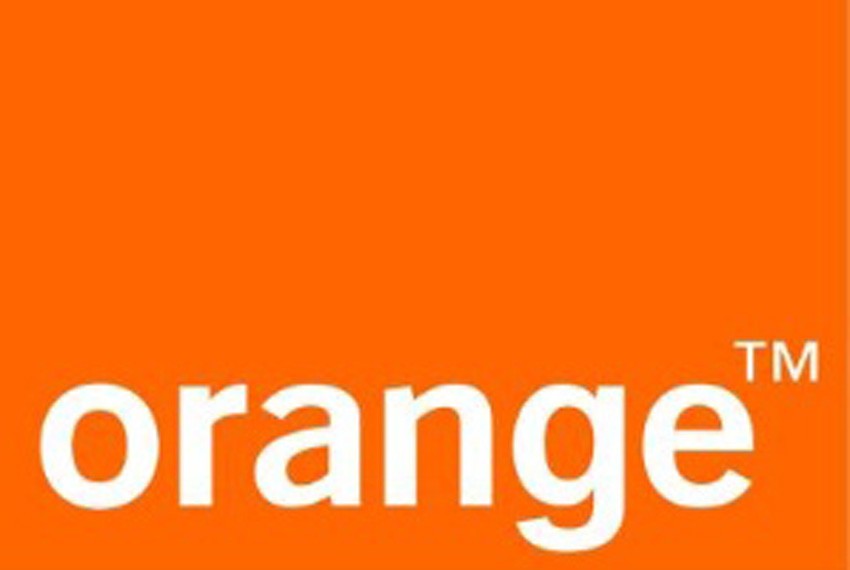
Drafting of a Comprehensive Regulatory Framework for E-Money Namibia
Central Bank of Namibia wanted to develop a regulatory framework for mobile and e-money related services that would enable financial inclusion, whilst ensuring appropriate security for payment systems.

Context: Central Bank of Namibia wanted to develop a regulatory framework for mobile and e-money related services that would enable financial inclusion, whilst ensuring appropriate security for payment systems.
Objective: assist the Central Bank to define clear, unambiguous and comprehensive regulations for e-money, governing banks and non-banks.
Deliverables: drafted regulatory framework for e-money and led workshops with stakeholders, including the Central Bank to set the final regulations, guidelines and criteria.
